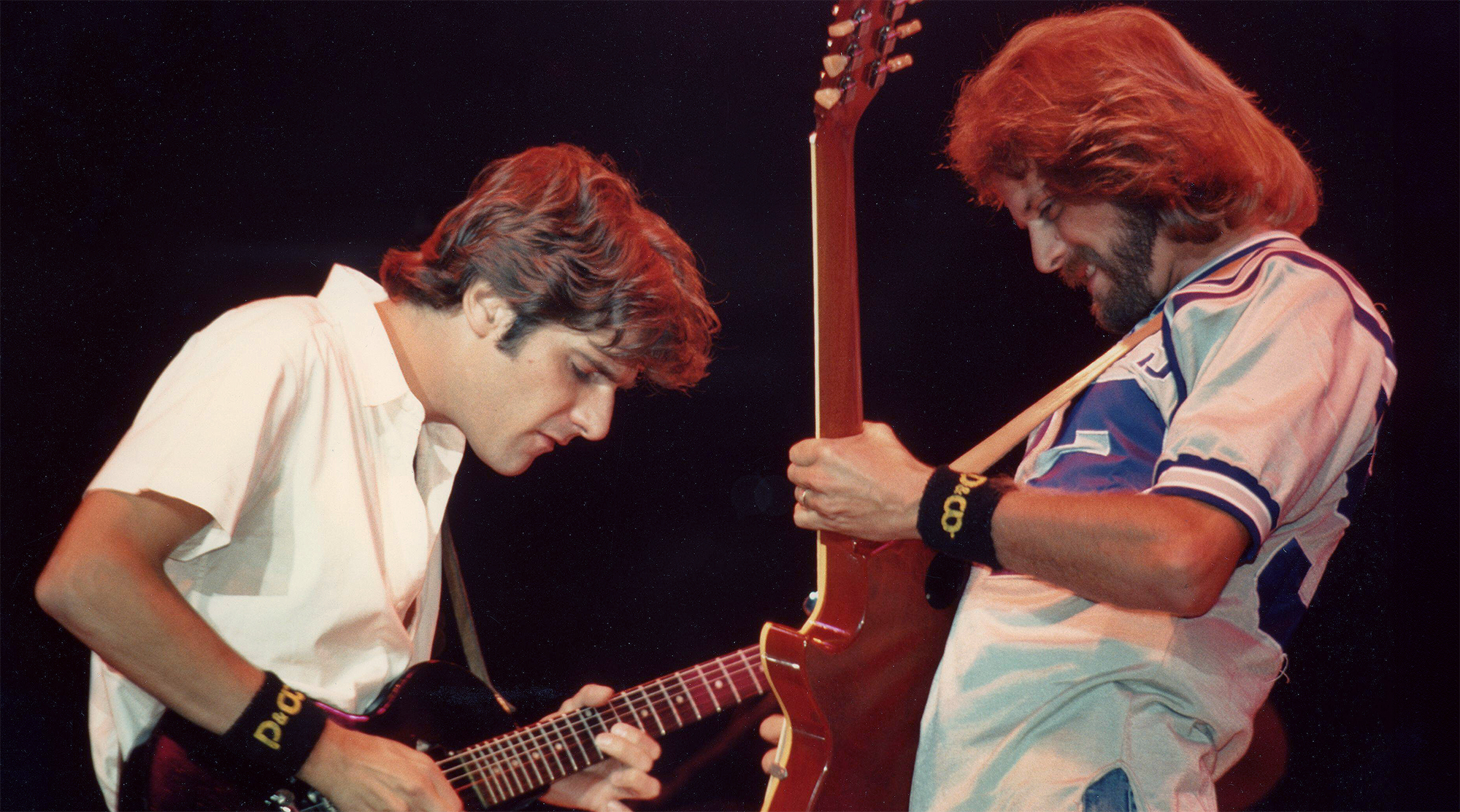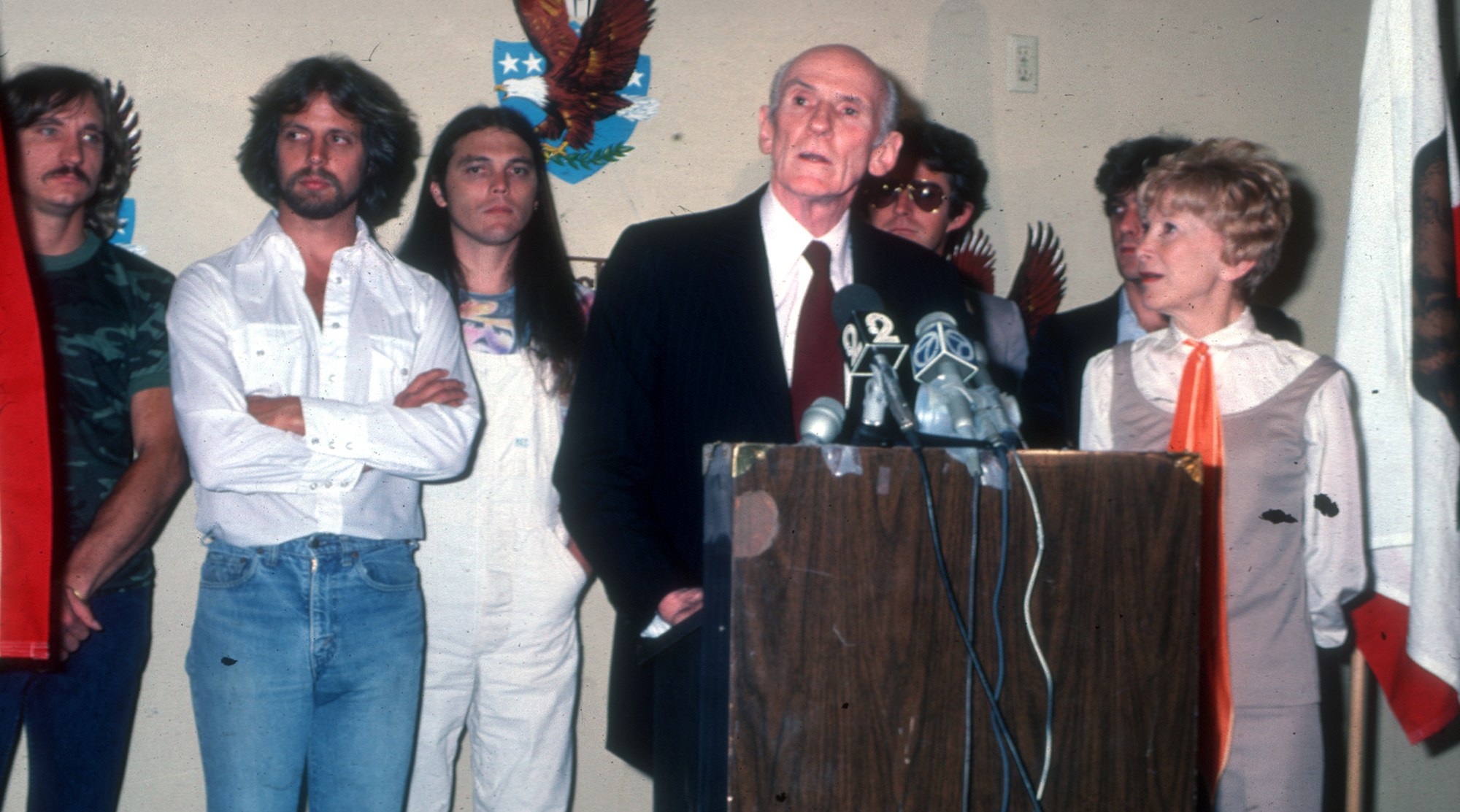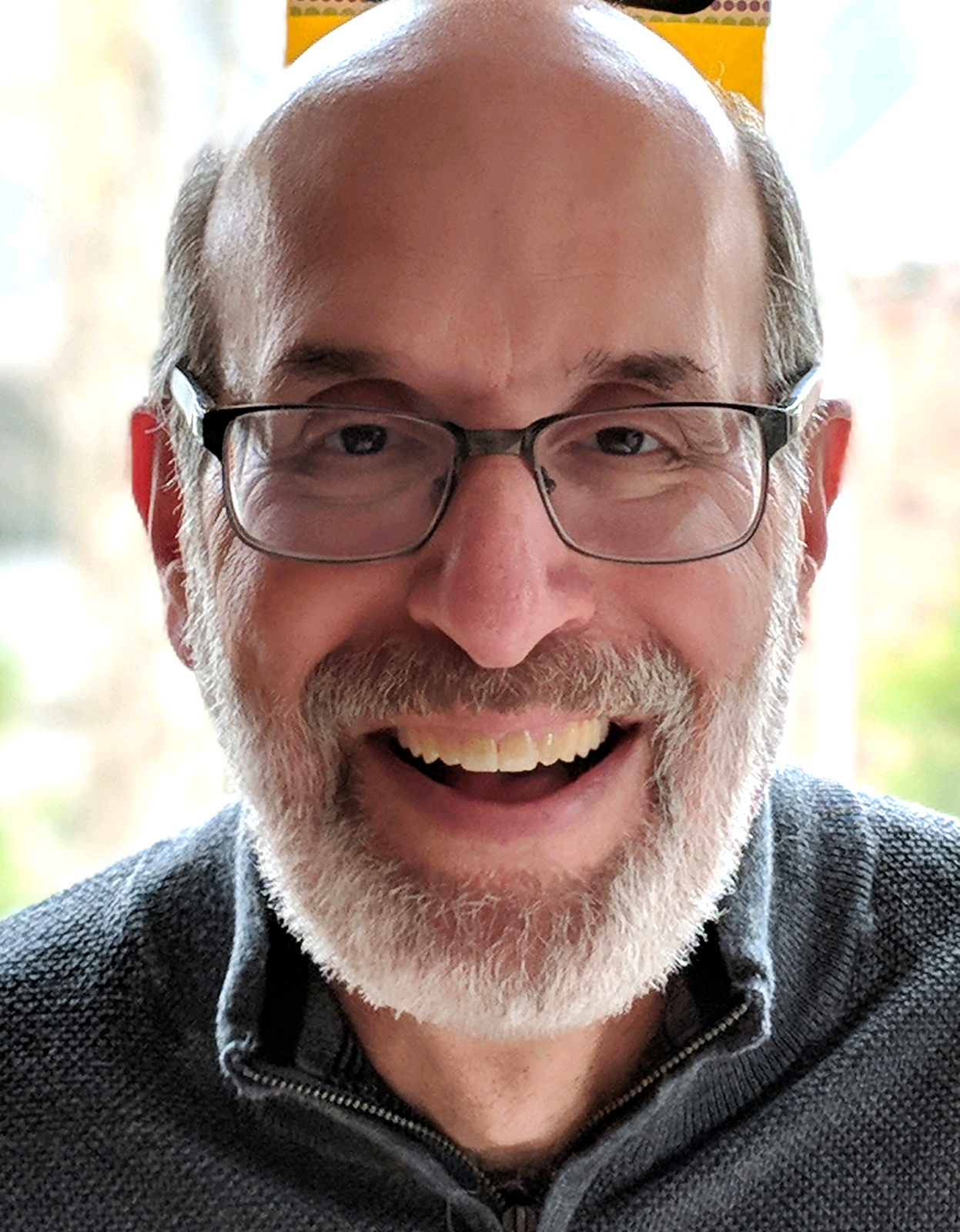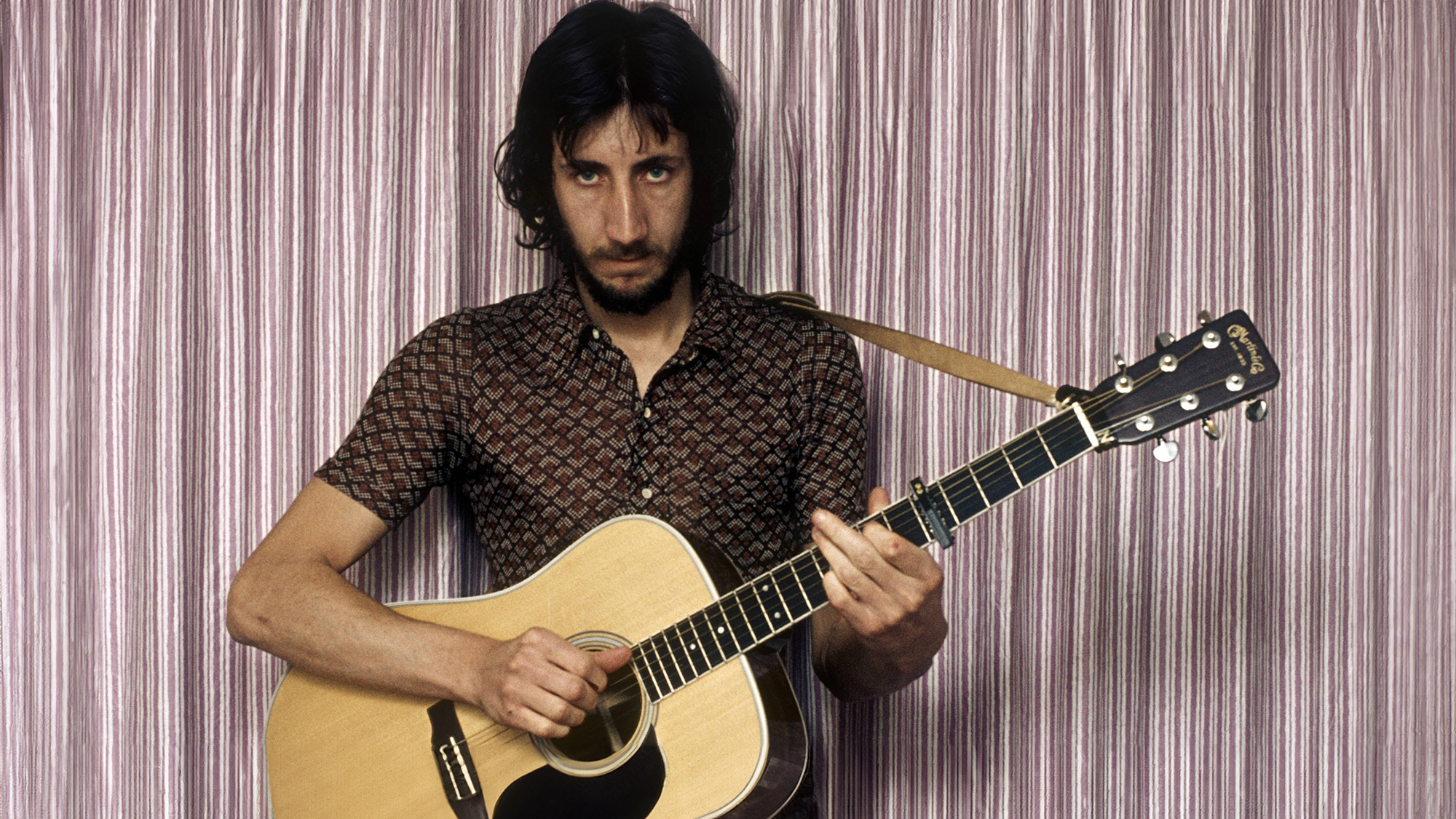"It was either that or we were gonna come to fisticuffs." Don Felder recalls the fight with Glenn Frey that brought the Eagles to a guitar-smashing end one night in July 1980
Frey griped that Felder chose his cheapest guitar to break. Felder counters that he had no choice, thanks to a deal Frey cut with Takamine

As Don Felder releases The Vault, his career-spanning collection of tunes, it’s worth remembering how the onetime Eagles guitarist got his solo career going in the first place.
Like several of his former bandmates, Felder’s years alone began when the group called it quits for the first time in 1980. The members were worn out and ready for a sabbatical following years of studio and roadwork.
But it was an incident between Felder and Eagles cofounder Glenn Frey that brought the band’s first era to a crashing end when Felder broke a Takamine acoustic guitar backstage during a dust-up with Frey.
The fracas came after a concert on July 31, 1980 at Long Beach Arena, which the band, concluding its tour in support of 1979's The Long Run. The show was performed as a benefit for then California senator Alan Cranston. It would be Eagles' final appearance onstage until the taping of the Hell Freezes Over special April 1994 for MTV and a subsequent tour that began during the summer.
By the time the group got to Long Beach, nerves were frayed, animosities were high and an explosion of some sort seemed to be in the offing.
“We were just fried by then, man,” Frey recalled during the summer of 1994. The guitarist passed away January 18, 2016 at the age of 67. “We needed a break in the worst way. What happened was about more than just what happened that night.”
Felder, who documented the incident in his revealing 2007 memoir, Heaven and Hell: My Life in the Eagles (1974–2001), tells Guitar Player that while he was fine performing at benefits for environmental and “nonpolitical” causes, he had issues with the kind of benefit they were performing for Cranston.
All the latest guitar news, interviews, lessons, reviews, deals and more, direct to your inbox!
“Honestly, I had never cared or paid attention very much to politics at all,” he explains. “My brother, who was a lawyer for 30 years, says the law is made by lawyers for lawyers to transfer wealth to lawyers. And there are so many of those guys sitting in Washington.
“So I just never really cared much for politics. It wasn’t a political thing, Democrat or Republican. I didn’t pay any attention and didn’t see the point of benefit gigs for politicians.”

Prior to the show, the band met with Cranston and his wife, Norma Weintraub. Felder — who looks less than pleased in photos of their meeting — writes that he said to Weintraub, “‘Nice to meet you...’ As she walked away, I added, under my breath, ‘I guess.’”
“I think Glenn overheard me say that and got really upset,” says Felder, who maintains that he intended no slight to the couple. “I had no idea who they were, nor did I care, for that matter,” he wrote in the book.
“Glenn found me in the dressing room and started yelling at me for what I said. Trying to keep the peace, I finally walked out.”
More words were exchanged before the show as well, but tempers didn’t cool once they were onstage. During “The Best of My Love,” Felder writes that Frey came over “and said, ‘Fuck you. I’m gonna kick your ass when we get off the stage.’”
Felder says he kept his distance from Frey and the rest of the band during the encore breaks. The tension had no detrimental effect on their performance, and maybe even added an edge to it, judging by a recording of the first encore number, Joe Walsh’s “All Night Long.”

When the song was finished, Felder says, Frey began his countdown: “That’s three more, pal. Get ready!”
During the first or second encore break, Felder had a crew member place the Takamine near the backstage door so he could make his own dramatic statement. When the show was over and the moment came, Felder smashed the guitar as a warning shot to Frey. Little did he realize his actions would be witnessed by the Cranstons, who were on their way out of the arena.
“That was the only time I ever did that,” the guitarist recalls now. “Joe used to do that all the time when he got really upset. When you break a guitar, it’s an expensive mistake, for one thing.
“The other thing is, you could hurt yourself with splinters and stuff, or hurt somebody around you. Those strings are metal wires. It’s not a very safe or healthy way to relieve your frustration.
“But it was either that or we were gonna come to fisticuffs — so, ‘I’m gonna do this, okay, and leave...’”
Felder writes that Frey’s parting shot was, “Typical of you to break your cheapest fucking guitar.”
But his rationale for breaking the guitar hints at possibly a deeper meaning behind his actions.
“I didn’t have a Martin; it was all Takamine,” he says. “Glenn had a deal with Takamine, so everyone had to play Takamines onstage.”
Eagles wound up finishing 1980's Eagles Live album separately, and the band’s dissolution was formally acknowledged during May 1982. There would be unsuccessful attempts to re-form until hell froze over in 1994, while Felder was fired during February of 2001 and settled lawsuits against the band and its organization for undisclosed terms more than six years later.
In addition to releasing The Vault — which features songs built from demos and song ideas dating back to 1974 — Felder is currently part of the Brotherhood of Rock Tour with Styx and the Kevin Cronin Band, which runs through August 24 in Milwaukee.
Gary Graff is an award-winning Detroit-based music journalist and author who writes for a variety of print, online and broadcast outlets. He has written and collaborated on books about Alice Cooper, Neil Young, Bob Seger, Bruce Springsteen and Rock 'n' Roll Myths. He's also the founding editor of the award-winning MusicHound Essential Album Guide series and of the new 501 Essential Albums series. Graff is also a co-founder and co-producer of the annual Detroit Music Awards.

